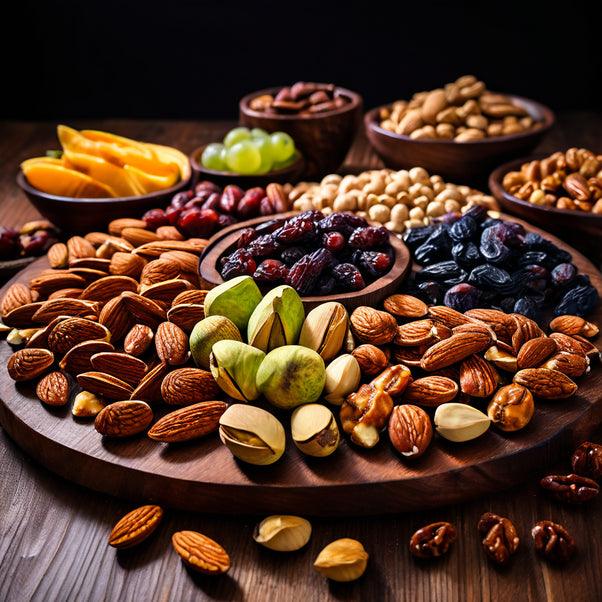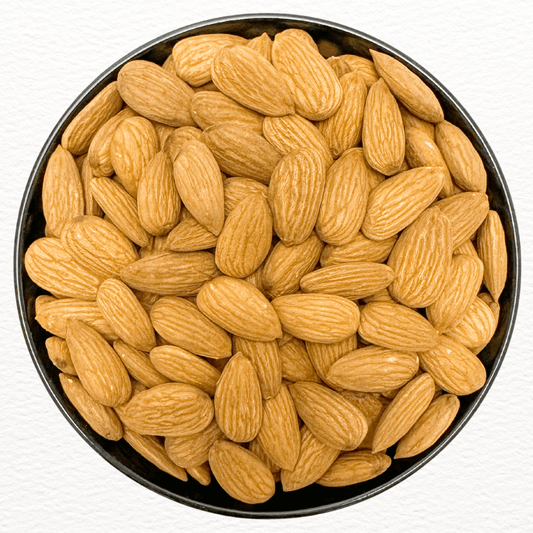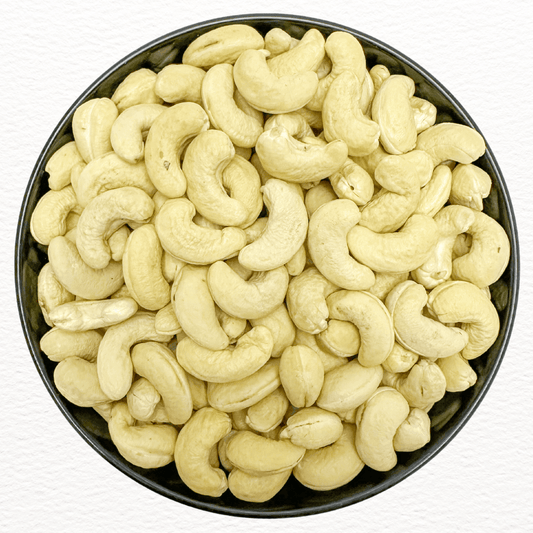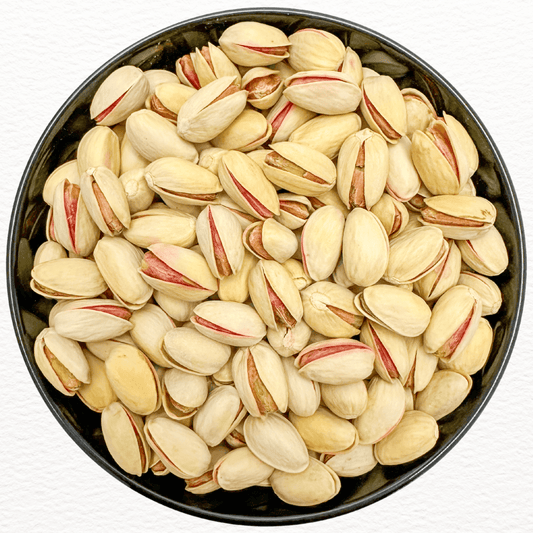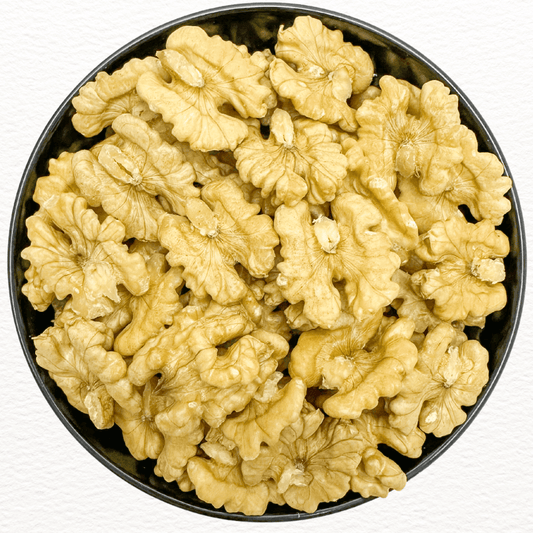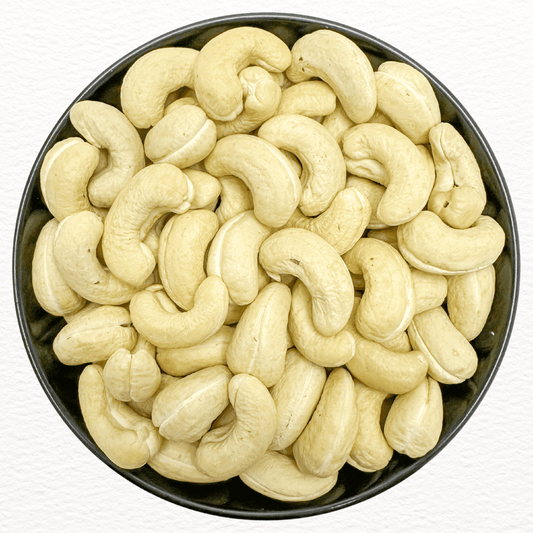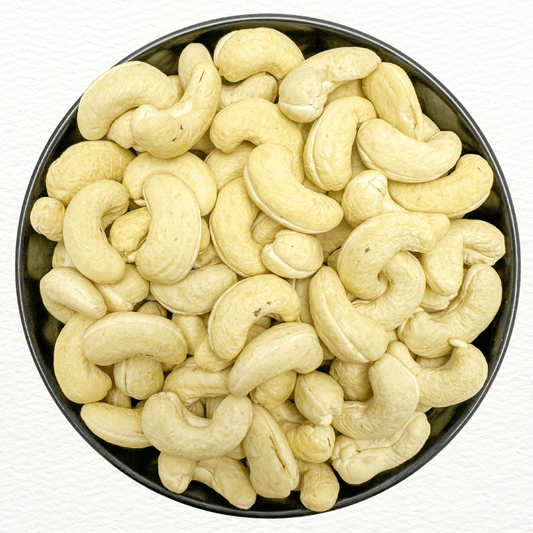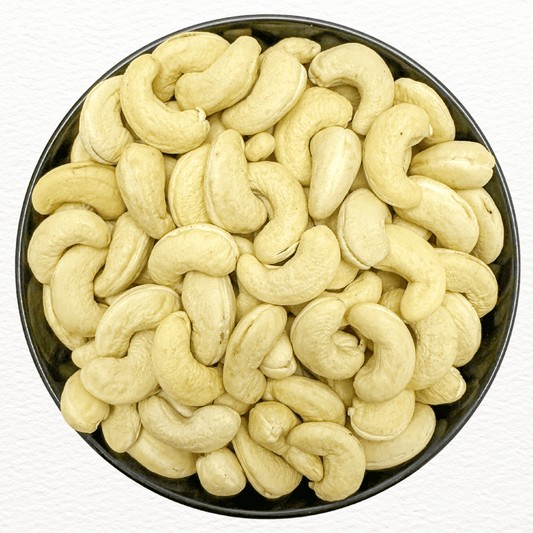Are Peanuts Peas or Nuts? 7 Surprising Facts
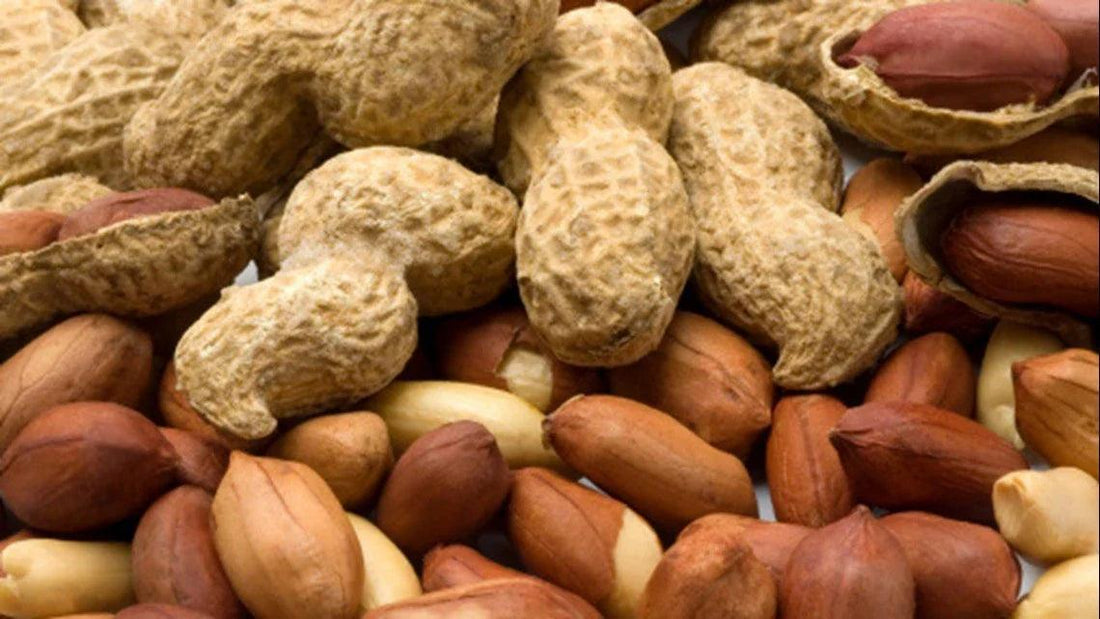

Are Peanuts Peas or Nuts? 7 Surprising Facts
Are Peanuts Peas or Nuts? Peanuts often confuse many. While we call them “nuts” in everyday life, scientifically they belong to a different family. In this post, we present 7 surprising facts about peanuts that reveal they are, in fact, legumes. Along the way, we also highlight how quality dry fruits and nuts from Shakti Dry Fruits can enhance your healthy diet. For more on premium dry fruits and nuts, visit our Premium Dry Fruits Collection.
1. Peanuts Are Botanically Legumes
Are Peanuts Peas or Nuts? Unlike tree nuts such as almonds and walnuts, peanuts belong to the Fabaceae family. They grow underground in pods, much like peas and beans. This key botanical difference means that, despite their culinary similarities to nuts, peanuts are classified as legumes.
2. Growth Habit Sets Them Apart
Peanuts develop underground in a process called “geocarpy.” While tree nuts grow on trees above ground, peanuts form inside pods beneath the soil. This unique growth habit is one of the reasons why scientists label them as legumes and not true nuts.
3. Nutritional Comparison: Legumes vs. Nuts
Both peanuts and tree nuts provide protein, healthy fats, and fiber. However, their nutrient profiles differ slightly.
-
Peanuts (Legumes):
Provide high-quality protein, fiber, and essential vitamins such as niacin and folate. -
Tree Nuts:
Typically offer higher levels of monounsaturated fats and antioxidants.
Understanding these differences helps in tailoring your diet for optimal health.
For nutritional insights on other products, check out our Nutrition Guide.
4. Culinary Uses and Misclassification
In kitchens worldwide, peanuts are used much like tree nuts. They are popular in sauces, snacks, and peanut butter. This culinary similarity leads many to assume they are true nuts. In reality, though, their unique growth and botanical classification set them apart. Embracing the true nature of peanuts can help you appreciate the diversity of plant-based proteins.
5. Allergy Considerations
Peanut allergies are one of the most common food allergies. While tree nut allergies also exist, the proteins in peanuts are distinct because they come from legumes. Recognizing peanuts as legumes can influence dietary decisions and allergy management strategies.
6. Economic and Agricultural Impact
Peanuts are an affordable source of protein and play a vital role in sustainable agriculture. As legumes, they fix nitrogen in the soil, which enhances soil fertility and reduces the need for chemical fertilizers. This environmental benefit is a strong reason to include them in a balanced diet, alongside other nutrient-rich dry fruits.
7. The Importance of Accurate Classification
Are Peanuts Peas or Nuts? The misclassification of peanuts has implications beyond culinary confusion. It affects how we understand allergies, nutritional benefits, and agricultural practices. Accurate classification helps consumers make informed dietary choices. At Shakti Dry Fruits, we value quality and transparency. Whether you’re enjoying premium nuts or our range of dry fruits, knowing the truth behind each product can enhance your health and wellness journey. Discover more healthful products on our Home Page and explore our diverse range of dry fruits and nuts.
Conclusion
So, are peanuts peas or nuts? The answer is clear: peanuts are legumes, not true nuts. Their underground growth, distinct nutritional profile, and botanical characteristics set them apart. Yet, in the culinary world, they are used similarly to tree nuts. Recognizing these differences can help you make informed dietary choices and appreciate the unique benefits of each.At Shakti Dry Fruits, we are dedicated to providing premium, high-quality dry fruits and nuts. Explore our Premium Dry Fruits Collection and Nutrition Guide to learn more about how our products can support your healthy lifestyle.
Internal Links:
